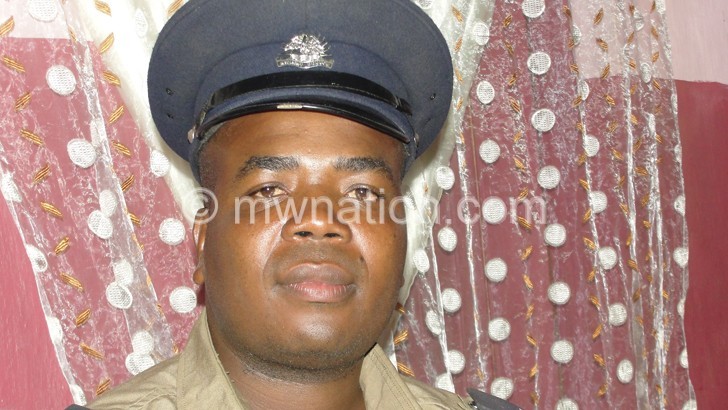Leprosy scare
The resurgence of leprosy, despite being officially declared eliminated decades ago, has seen a health expert pressing the panic button due to lack of awareness of the disease as one person has died from its effects while 24 others are on treatment, Nation on Sunday can reveal.
The death occurred at Thyolo District Hospital last week while the 24 are receiving treatment at Utale II Health Centre in Balaka from a chronic infectious disease, which the World Health Organisation says is caused by mycobacterium leprae, an acid-fast bacterium that mainly affects the skin and nerves.
But the Ministry of Health says there is no need to panic on the matter.
Thyolo district health officer Dr Michael Murowa confirmed on Tuesday of the death of a man believed to have been suffering from long-term effects of leprosy.
“When he came to the hospital, he was put in an isolation ward where only medical practitioners were allowed to him. The man, whose background is sketchy, was in his late 40s and came from Nsanje,” said Murowa.
“The man lost his limbs due to the disease and also had psychological issues,” he said.
Balaka District Hospital public relations officer Mercy Nyirenda confirmed receiving new leprosy cases at Utale II Health Centre run by the Catholic Church.
“Recently, Utale II Health Centre registered two new cases, adding to the list of patients receiving treatment at the centre.
“Some patients are quarantined at Utale, but as Balaka District Hospital, we keep track of their health and assist with medication and counselling,” said Nyirenda.
In an interview on Tuesday, Matteus Mafunga who has dealt with lepers at Utale II Health Centre for many years, said he had observed that the country is registering an increase in leprosy cases due to what he described as lack of awareness both on the part of fresh medics and the general community as the disease was on paper eliminated 45 years ago.
According to Nyirenda, among the 24 currently receiving treatment at Utale, only two are quarantined while the rest just go to collect medication on a monthly basis.
Those receiving treatment are from Balaka, Zomba, Machinga Salima and Phalombe.
Asked if those not isolated are not a danger to their communities, Mafunga said chances of patients on treatment transmitting the disease to others are slim.
“People in the communities should fear those that have leprosy, but don’t know and are not on treatment because the disease is passed on through body contact and coming in contact with body fluids of those that have the bacteria. Once people start receiving treatment, the bacteria is weakened, thereby reducing chances of transmission,” he said.
Ministry of Health acting spokesperson Adrian Chikumbe has attributed increase of leprosy cases to poor resource allocation towards fighting the disease.
“The ministry has been paying much attention and resources towards diseases such as malaria and cholera leaving out leprosy, hence the resurfacing of the disease.
“Health partners [organisations and donors supporting health delivery system] have also not been forthcoming to fund leprosy activities because they have their own interests. In addition, our surveillance system has not been up to date, so keeping track of leprosy cases has been a problem,” said Chikumbe.
“Currently, leprosy training is done in Tanzania, we do not offer such a training, so most of the new medic crop lacks expertise in leprosy diagnosis and treatment,” he said.
Chikumbe has since advised people not to panic, saying the rise in number of leprosy patients does not mean there is an outbreak of the disease because leprosy was only eliminated and not fully eradicated. n





